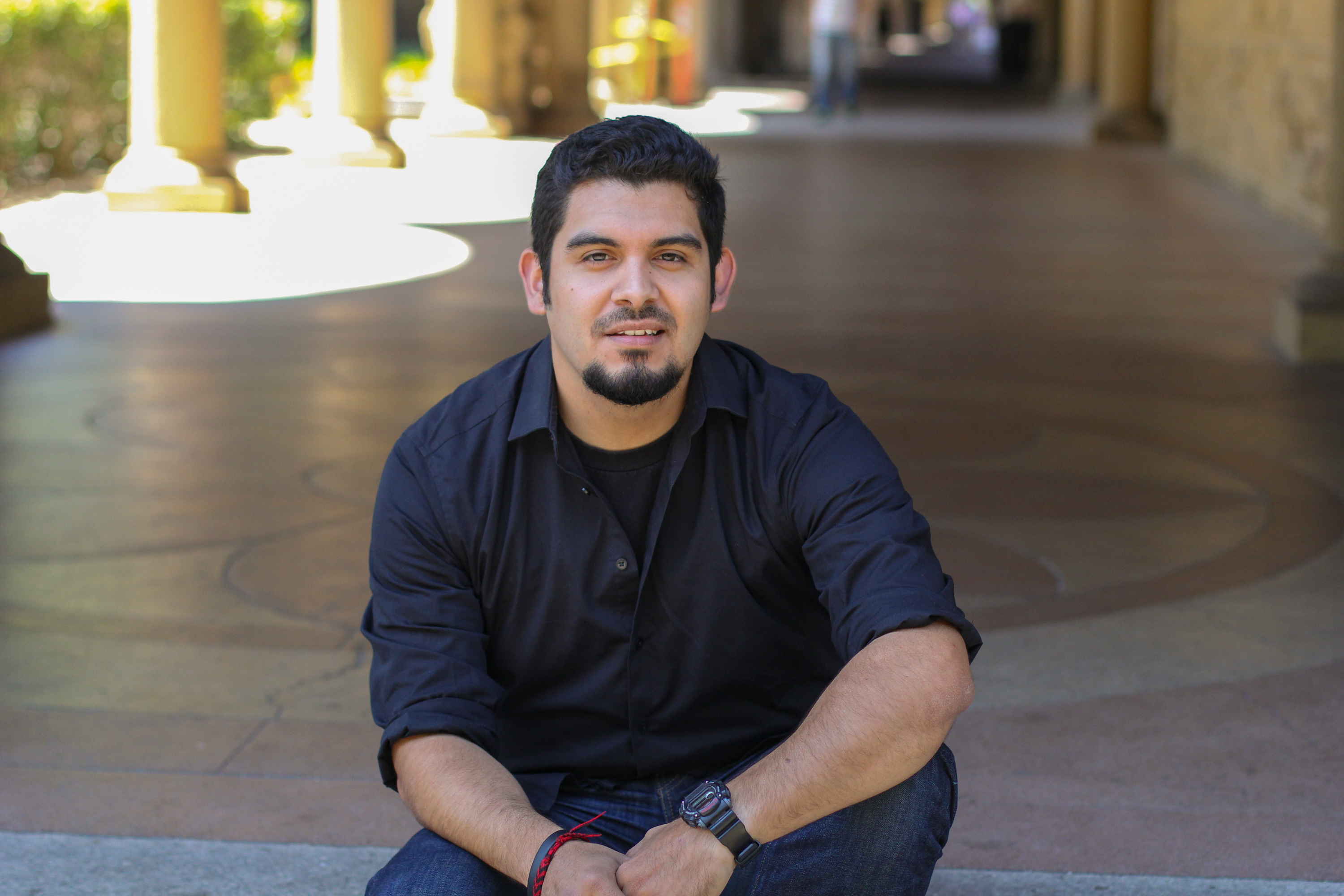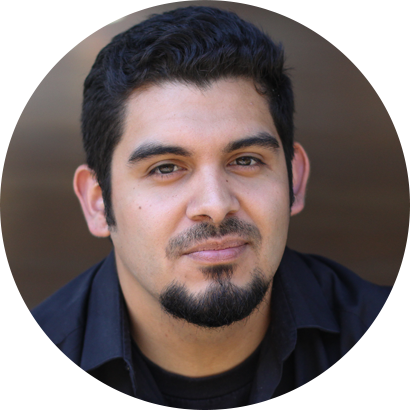
David Morales
What drew you to the field of education?
The possibility of using education as a tool for social change drew me to the classroom. I realized the importance of education and its power to transform the lives of people as a high school student in Spanish class. In Maestro Villanueva’s class I would reclaim the Spanish language—my family’s language—its warmth, intimacy, and power, and learn about Mexico and Latin America—the histories, traditions, and struggles that people faced and movements that they led. It was knowledge in which I saw myself reflected, and knowledge that told a different narrative about my culture and family. This knowledge equipped me with critical thinking skills and helped me develop a sense of responsibility towards my own community. I want to do the same for other students and encourage them to be proud of their histories, to feel empowered by their cultures, and to become well-educated advocates of their families and communities.
Is there anyone who inspired you to pursue advanced study in the field?
I have been fortunate to have supporting mentors throughout the different stages of my academic career who have believed in me and inspired me to pursue higher education. Cecilia Ubilla, the Language and Writing Program Coordinator at the University of California San Diego, was among the first to help me identify as a scholar, capable of succeeding in academia. She trained me as a writer and educator throughout my undergraduate studies, and my frequent conversations with her continue to nourish my desire for a more just world.
Another big influence in my decision to pursue a graduate degree, particularly in the Stanford Teaching Education Program, has been my mother. My working-class immigrant mother who once aspired to be an educator left México for the U.S. in search of better opportunities for herself and her children. I see my work as an educator as an opportunity to make my mother’s sacrifice count — an opportunity to continue her legacy as an educator and agent of social change.
What were you doing prior to applying to STEP?
I was living in Ecuador with the help of a Fulbright grant prior to applying to GSE. For ten months I facilitated university-level English classes on topics such as U.S. history, culture, and academic writing. I gained valuable classroom management skills and developed culturally appropriate activities while working with university students. Outside of my teaching duties, I expanded my honors thesis research by documenting the narratives of students and teachers as a way of understanding the current Ecuadorian education reforms. Upon returning to the U.S., I accepted a job as a Spanish teacher on an emergency credential at a small urban public school in my community, working with students with similar backgrounds and experiences to mine. Concurrently, I worked for Alliance San Diego, a community empowerment organization, as an education advocate pushing for equitable policies and practices in the San Diego Unified School District.
Why Stanford?
I decided to come to Stanford because I knew that I would be working with the leaders in education. It is surreal to be surrounded by such renowned experts in the field. Often, it is our same professors who have written the articles that we read for class and who have developed the theories that we grapple with. Being at Stanford also allows me to delve into the culturally rich and diverse Bay Area schools and communities that mirror my own in San Diego. There are so many educational and community organizations, inspiring individuals, and grassroots movements to learn from in the Bay Area.
What’s unusual about STEP?
One thing that is unusual about STEP is the length of the program; students receive an MA degree and a teaching credential in one rigorous year. I think that this short and intensive year facilitates bonding among students. I have spent a significant amount of time with my classmates and have already forged great friendships at this early stage of the program.
Another thing that strikes me as unusual about STEP, and a large university like Stanford, is the attentiveness of the STEP staff. In the short time that I have been in the program the STEP staff has done a great job of being supportive and responsive to my needs.

Describe your classmates: How are they contributing to your education?
I can say confidently that a significant part of my education at Stanford thus far has come from my classmates. With them I engage in critical discussions in class, during carpools, and in our free time. At times our conversations revolve around what we are learning through STEP, but many times they are about our own educational experiences, the adversity we have faced, and the goals and aspirations that we have. It is a privilege to have met such unique individuals and an honor to experience this program with them.
What do you do to relax and have fun outside of school?
When I am not in school I like to: skateboard with friends, explore on my bike, find new fishing spots, read novels, reflect and write, watch movies and some TV shows like Sons of Anarchy and Game of Thrones, play PlayStation, and seek the outdoors for cool sights of the city or of nature. When possible, I enjoy traveling, visiting new places, and learning about different cultures, stories, and from different peoples.
What are your career plans?
For now I want to focus on teaching. I enjoy working directly with my community, and I am excited about the possibilities that I will have by being a teacher. In the future I hope to pursue a doctoral degree in Education and engage in both theory and practice. I believe that theory and practice are equally important and cannot be separated. I am interested in critical pedagogy, urban and popular Education, multicultural and international education, and social justice education.
What advice do you have for prospective students on the application process?
I advise prospective students to first engage in reflection and introspection. It is important to be fully conscious about what it is that inspires them to be educators; their personal statement and application should clearly communicate this. I also encourage prospective students to be detailed and specific—to share short anecdotes and glimpses of their life that can allow others to better understand the world from which they come.
Any tips for incoming students to help them get the most from their time at Stanford?
I encourage incoming students to connect as much as possible with staff, professors, and other graduate students in the Graduate School of Education. There are so many unique projects and opportunities at Stanford. Also, it is important to find a support group among classmates, roommates, or other friends in the area. Find time to practice your hobbies and to visit other places outside of Stanford and Palo Alto.

